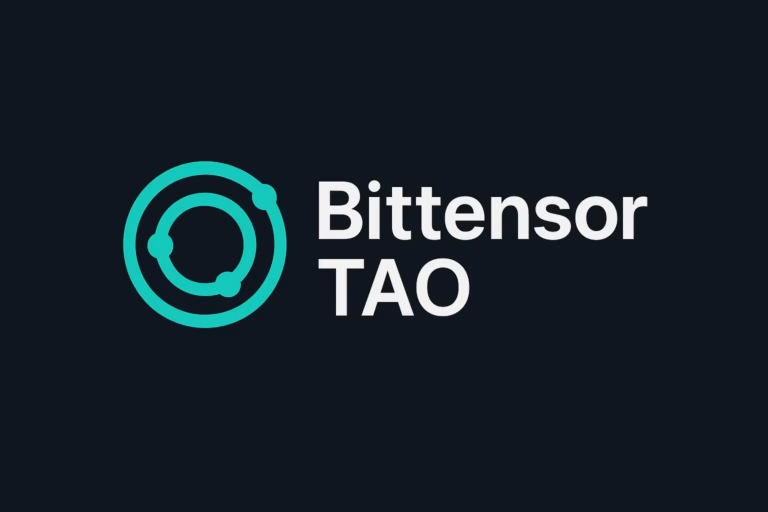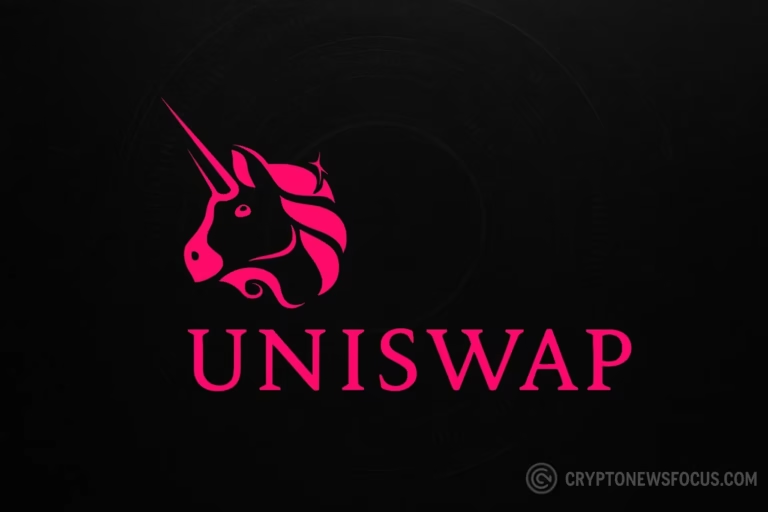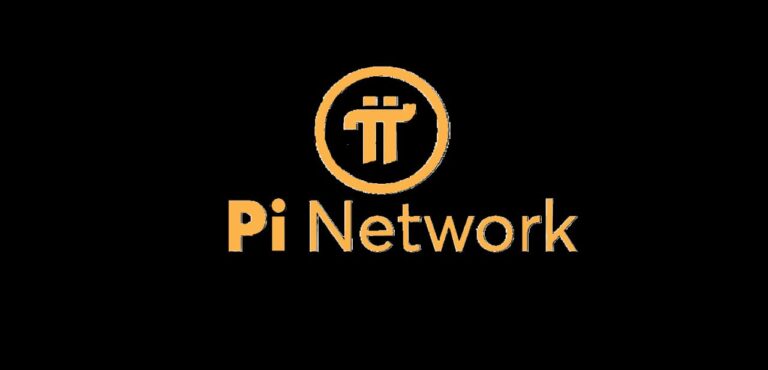In an increasingly digital age, the availability and accessibility of educational resources have transformed significantly. Whether you are a student, teacher, or lifelong learner, a myriad of platforms and tools can provide you with high-quality educational content. Here’s a comprehensive guide to finding educational resources that will remain relevant for years to come.
Online Learning Platforms
- Massive Open Online Courses (MOOCs): MOOCs have revolutionized education by making high-quality courses available to anyone with an internet connection. Platforms such as Coursera, edX, and Khan Academy offer courses from top universities and institutions across a wide range of subjects. These courses often include video lectures, reading materials, and assignments, allowing learners to gain knowledge at their own pace.
- Specialized Learning Sites: For niche subjects or specific skills, websites like Udemy, LinkedIn Learning, and Skillshare provide courses tailored to individual interests. These platforms often focus on practical skills, such as coding, graphic design, or digital marketing, making them valuable for career development and personal growth.
COINBASE NEWS: Coinbase’s Quest For Regulatory Clarity: The Impact Of ETH ETFs And FIT21 Bill
Academic Databases and Digital Libraries
- University Libraries: Many universities provide access to their digital libraries and academic databases. Resources like JSTOR, PubMed, and Google Scholar offer a wealth of peer-reviewed articles, research papers, and academic journals across various disciplines. Access to these resources may be available through institutional subscriptions or public libraries.
- Open Access Journals: The open access movement has made scholarly research more accessible. Websites like PLOS ONE, the Directory of Open Access Journals (DOAJ), and arXiv.org offer free access to a vast array of research papers and articles, covering fields from science and medicine to humanities and social sciences.
Government and Non-Profit Educational Resources
- Government Portals: Many governments provide free educational resources to the public. Websites like the U.S. Department of Education’s Open Educational Resources (OER) platform, and similar initiatives in other countries, offer textbooks, lesson plans, and interactive tools designed for K-12 and higher education.
- Non-Profit Organizations: Organizations such as the Khan Academy, Wikimedia Foundation, and the Internet Archive provide free access to educational content. The Khan Academy offers instructional videos and practice exercises, while Wikimedia Commons and the Internet Archive host vast collections of digital media, books, and historical documents.
RIPPLE NEWS: Ripple’s Crossroads: XRP Price Vulnerability Amidst Government Ties
Educational Apps and Software
- Mobile Learning Apps: The proliferation of smartphones and tablets has led to the development of educational apps that cater to all ages and interests. Apps like Duolingo for language learning, Photomath for solving math problems, and Quizlet for creating study sets make learning interactive and accessible anywhere.
- Educational Software: Software such as MATLAB, Wolfram Alpha, and Anki can support more advanced learning and research needs. These tools are particularly useful for students and professionals in STEM fields, providing computational power, data analysis capabilities, and efficient study methods.
Virtual Learning Communities
- Online Forums and Discussion Groups: Platforms like Reddit, Stack Exchange, and Quora host vibrant communities where learners can ask questions, share knowledge, and discuss topics of interest. These forums cover a wide array of subjects, from computer science and engineering to literature and philosophy.
- Social Media and Professional Networks: Social media platforms like Twitter, LinkedIn, and Facebook host numerous groups and pages dedicated to education and professional development. By following educators, joining groups, and participating in discussions, learners can stay updated on the latest trends and resources in their fields of interest.
Public Libraries and Local Educational Resources
- Public Libraries: Public libraries remain valuable resources for education. Many libraries offer digital lending services, providing access to e-books, audiobooks, and online courses. Additionally, libraries often host educational events, workshops, and tutoring sessions.
- Community Centers and Local Institutions: Local community centers, museums, and cultural institutions frequently offer educational programs, workshops, and lectures. These resources can provide hands-on learning experiences and access to expert knowledge within the community.
The landscape of educational resources is vast and continually evolving. By leveraging a combination of online platforms, academic databases, government and non-profit resources, educational apps, virtual communities, and local institutions, learners can access a wealth of knowledge tailored to their needs. As technology advances and new resources emerge, staying informed and adaptable will ensure that educational opportunities remain within reach, fostering lifelong learning and personal growth.







